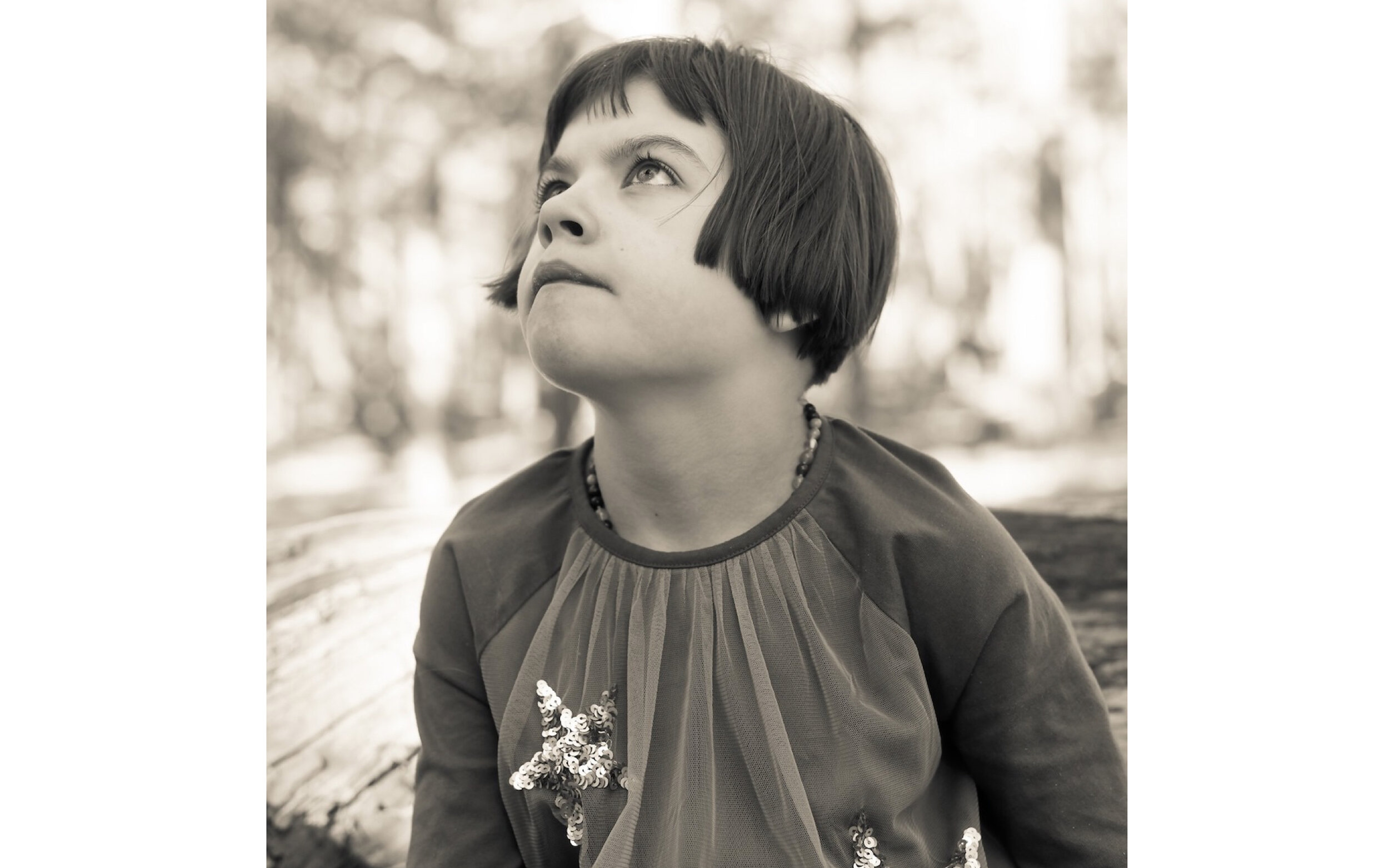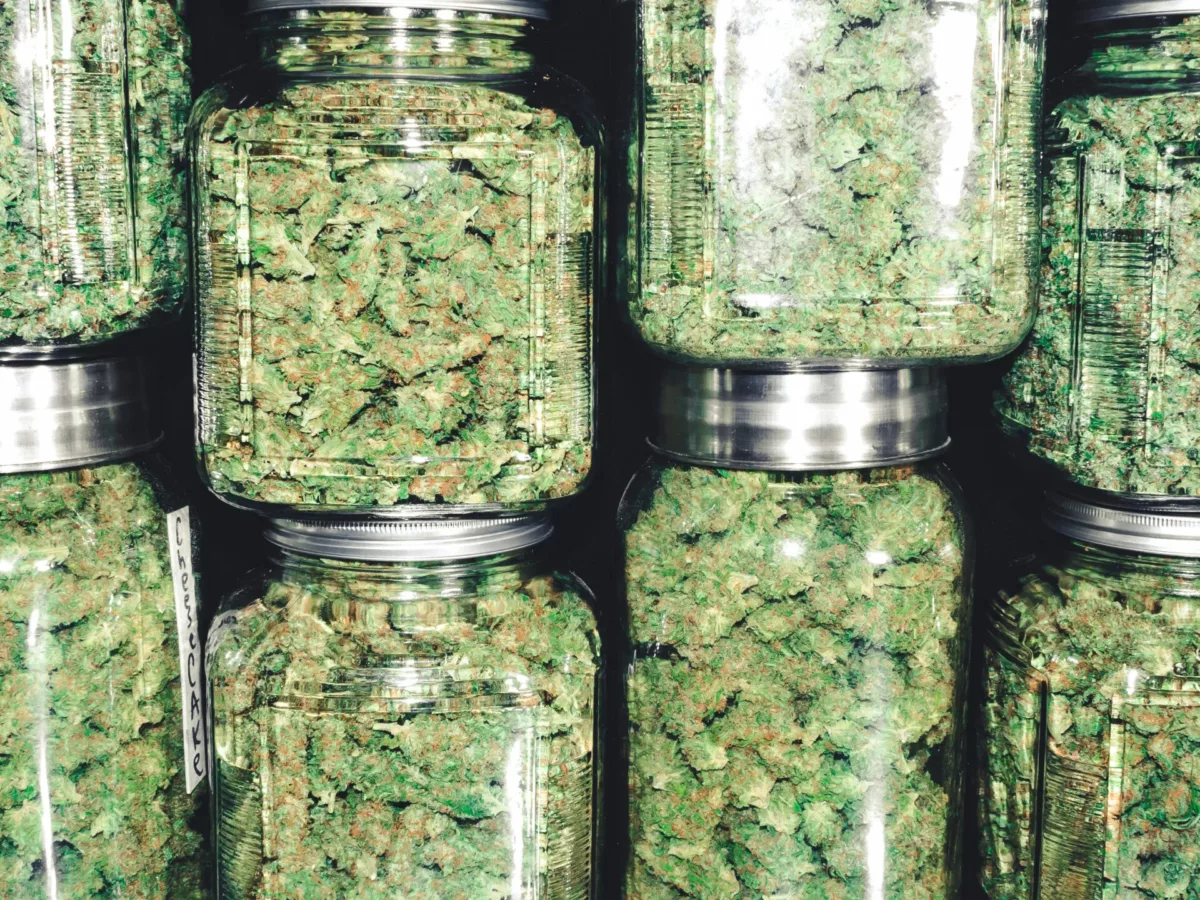Charlotte Figi, who had become a poster child for CBD, died at age 13 due to a seizure on April 7. Born in 2006, Figi began having seizures at the age of three months and by age five, she was often having hundreds of seizures each week. In 2011, when Figi was five years old, her mother Paige Figi began exploring the use of CBD. After taking CBD, Figi did not have any seizures for the next seven days and many of the accommodations that made living a little easier (such as a feeding tube) were over time, no longer needed. The seizures, which at one point were happening every half-hour, were reduced to about one per month.
Figi’s treatment of Dravet Syndrome with CBD made her a public and inspiring face of the cannabis movement and in 2018, the Food and Drug Administration (FDA) approved a CBD treatment for Dravet’s Syndrome.
Charlotte’s mother, Paige Figi, believes that Charlotte’s death was in part due to COVID-19. Her family had been sick for most of March but, Paige Figi wrote on Facebook, they “did not initially fit all of the criteria for COVID-19 testing [and] we were told to self-treat at home unless the symptoms worsened.” On April 3, Charlotte was taken to an intensive care unit’s COVID-19 floor, was tested, tested negative (as the New York Times noted, false negatives are not uncommon with COVID-10 tests) and was sent home on April 5.
“Charlotte had a seizure in the early morning on April 7th resulting in respiratory failure and cardiac arrest,” Paige Figi wrote. “We are moved by the continual impact that Charlotte’s life has made shedding light on the potential of cannabis for quality of life.”
And Charlotte Figi’s experience with CBD is a rejoinder to misunderstandings surrounding the idea that cannabis is a medicine—and recent snark about medicinal cannabis dispensaries being deemed “essential” in many states amid COVID-19.
One example of the cannabis-as-medicine mainstreaming due in part to Charlotte Figi was Maryland passing a bill late last month that finally allowed minors who use medicinal cannabis to use it on school ground. 15 year-old Connor Sheffield and his mother and father have been publicly advocating for his ability to take THC tincture for quite some time. Sheffield has the autoimmune disease Gastro-Intestinal Dysmotility and takes a THC tincture to help with pain and appetite. Sheffield, one of around 200 juveniles with a medicinal cannabis prescription, has to leave school grounds to take the tincture.
“My intestines don’t move or absorb properly,” Sheffield testified at a hearing regarding House Bill 331 or “Connor’s Courage” which would allow medicinal cannabis to be taken on school grounds. “There is no cure and currently with Western medicines there are no treatments that work.”
Like Charlotte Figi, Sheffield’s parents began to consider medicinal cannabis to help him. Before the age of 13, Sheffield had been to the operating room 30 times. At 12, he was put on suicide watch and had to take a number of depression medications and was often in the hospital, away from school and away from home.
“Before cannabis, I was being fed through a feeding tube and at my worst point, through my veins. I wasn’t growing. My hair was falling out due to malnutrition. I was severely underweight. I was living in constant pain,” Sheffield testified.
Though Sheffield and his parents did not expect cannabis to work, they tried it for the first time in 2018 and the effects were almost immediate.
“Within minutes, my pain went away. My nausea was 100 percent gone, and for the first time in my life I felt hunger. I started to tolerate tube feeds and soon I was actually eating food,” Sheffield testified. “I started gaining weight and growing. I have gained 30 pounds, and I have grown a foot in height since December 28, 2018, when I took my first dose of cannabis.”
Sheffield takes a tincture and ingests five milligrams of THC three times a day. He has had to leave school grounds to drop the tincture under his tongue and then return to class. But no more: HB 331 was amended together with a related bill, House Bill 617, and passed.
At last month’s meeting of the Maryland Medical Cannabis Commission (MMCC), the MMCC’s executive director William Tilburg praised the passing of HB 617/SB 304 and laid out the next steps.
“[HB 617] expressly authorizes minor patients to access medical cannabis while they’re in school. This is effective June 1. Caregivers, parents or guardians, or other adults designated as a parent or guardian will be able to go onsite to the school when they resume in order to administer the medical cannabis,” Tilburg said. “And then beginning December 31 of 2020, the commission along with the Maryland State Department of Education have to implement guidelines to authorize certain school personnel to administer the cannabis on school grounds enabling parents and other guardians not to do that.”
Photo of Charlotte Figi courtesy Paige Figi’s Facebook.






